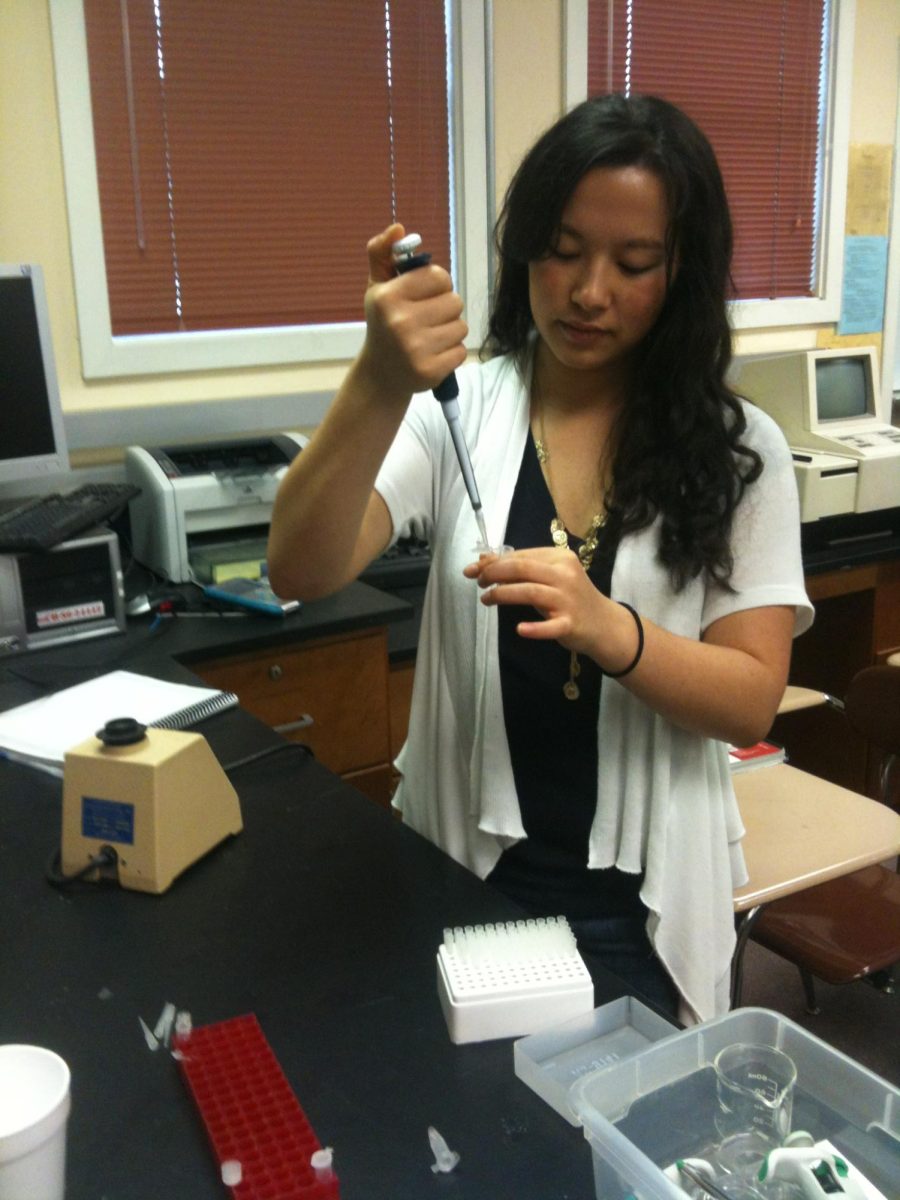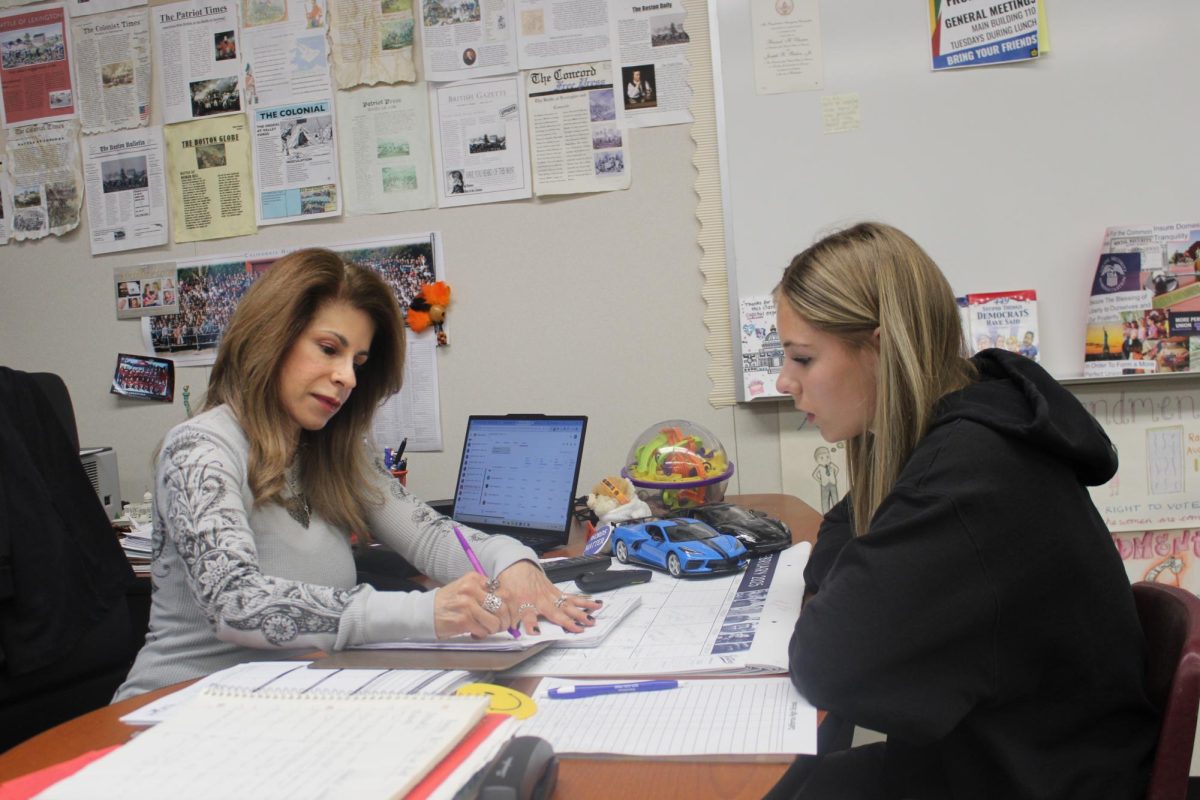
By Shawna Stinson
Junior Alec Baird wasn’t on Facebook for two weeks. Friends who texted him during that time wouldn’t have received a response because his phone was turned off and locked in a school safe.
During that same time period, junior Jessica Williams had the choice of only six items of clothing to wear during school and at home.
From Oct 5-14, several dozen students in Michelle Turner’s English 11/American Studies class took a hands-on approach to Transcendentalism by taking their hands off their electronic gadgets or limiting their clothing options.
Instead of studying Transcendentalism as a theory, Alec, Jessica and many of their classmates were assigned a presentation about their experience living two weeks of this lifestyle, which focuses on nature, intuition and simplifying life.
This was the first year Turner’s class did this project.
Students had a few options when deciding how they would change their daily routine for those two weeks: giving up all electronics or all but six items of their wardrobes
Those who gave up electronics couldn’t watch TV, use a computer for non-school related purposes, play any type of video game, or listen to their iPods.
They also were not allowed to use their cell phones, which were stored in a school safe for the duration of the two weeks.
Parents got involved in the project by signing permission slips, promising to notify the teacher if their son or daughter broke the rules at any time.
Though the goal of the project was to take some of the unnecessary complication from the students’ lives, the majority of these students felt the lack of electronics – ironically enough – made their lives more difficult, not simpler.
Junior Cameron Fernandez refused to give up his electronics and instead participated in the clothing challenge.
“I didn’t do it, because it involved taking away my phone,” said Cameron. “I didn’t want to be out of the loop.”
Junior Alec Baird took up the no-electronics challenge, and found it was easier than he thought.
Alec said it took him a few days to get used to not having electronics.
He had a harder time making plans with his parents and friends, but still thought he could last a third week without his phone.
Alec said staying away from Internet browsing and his cell phone brought him a lot of free time, which he spent doing homework.
“It was more relieving and there was less drama,” said Alec.
Junior Alec Hendrickson said he took no time at all to adjust to his new lifestyle.
He agreed that communicating with parents and friends was hard, but he didn’t think that living without a phone was challenging.
“You don’t really need that stuff,” he said. “If you could go three days without a phone, you could do it for a month.”
Those who chose the clothing challenge had to pick six different items, not including underwear and socks, to wear for 14 days.
“I had a polo shirt, a dress shirt, black jeans, a plain white V-neck, jean shorts, and a gray hoodie,” said junior Jeremy Hitchcock.
He thought the project was easy and he could probably continue it for a month.
“The hardest part was probably during homecoming week when everyone was being spirited and I had to wear the same thing,” said Jeremy.
Junior Jessica Williams said she chose a soccer sweatshirt, a Washington DC black zip-up, two black tank tops, one gray tank top, and a pair of jeans.
She said she found her biggest challenge was making her outfits look different everyday.
Unlike the boys, Jessica didn’t feel that her lifestyle changes could have lasted longer than two weeks.
“You feel lost without all the stuff you have,” said Jessica.
Both Jeremy and Jessica said that no one noticed their simple wardrobe and frequently worn outfits.
They also both agreed that getting dressed in the morning was easier, because their choices were so limited.
These students were able to live like the people they studied and got to decide for themselves if luxuries complicate life or actually make it simpler.
“I felt more free without electronics,” said Alec.





